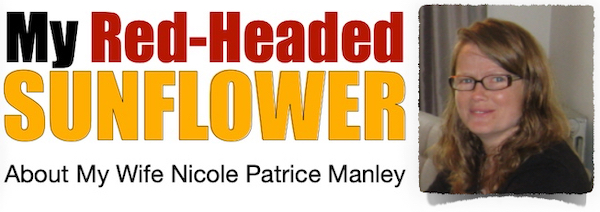
In Stephen King’s book, On Writing, he explains how his wife, Tabitha, made a “crucial difference” in his writing career:
If she had suggested that the time I spent writing stories on the front porch of our rented house on Pond Street or in the laundry room of our rented trailer on Platt Road in Hermon was wasted time, I think all of the heart would have gone out of me. Tabby never voiced a single doubt, however. Her support was a constant, one of the few good things I could take as a given.
I could easily have written something similar for my wife Nicole:
If she had suggested that the time I spent writing stories in the spare bedroom on Water Street or on a towel on the grassy hill beside the graveyard was wasted time, I think all of the heart would have gone out of me. Nicole never voiced a single doubt, however. Her support was a constant, one of the few good things I could take as a given.
Stephen King also went on to say:
And whenever I see a first novel dedicated to a wife (or husband), I smile and think. There’s someone who knows. Writing is a lonely job. Having someone who believes in you makes a lot of difference. They don’t have to make speeches. Just believing is usually enough.
For that reason, I had intended to dedicate my first novel, E’sum: The Tell-Tale Elf to my wife Nicole. The novel is about a freelance copywriter who discovers an unconscious elf in his backyard one cold, January night. The protagonist rescues the elf and hides him in his home office. As the plot unfolds, the elf pushes his host to write fantasy novels about unicorns and dwarves instead of sales letters for supplements and stock options. Just like my wife encouraged me to move beyond commercial writing (which paid the bills) and write speculative fiction (which came with its own bills).
The Longest Street in the World
I met Nicole on the longest street in the world: Yonge Street in uptown Toronto. I had just spent 1996 to 2000 living in a monastery in the mountains of Southern California. I was back in Toronto for a couple months, making arrangements with the Italian consulate for a visa to study fine art in Florence, Tuscany.
One evening, I had just emerged from the Eglinton subway station and was marching north to a meditation centre located over top one of the many storefronts lining Yonge Street. Upon passing the post office, I spotted a redhead ahead of me with rudraksha beads hanging from her right hand. Such beads, strung in sets of 108 on a necklace, were commonly used at the meditation group for counting repetitions of a breathing exercise.
Here's a photo we took of at our meeting spot, years later, when we returned to Toronto for a visit...
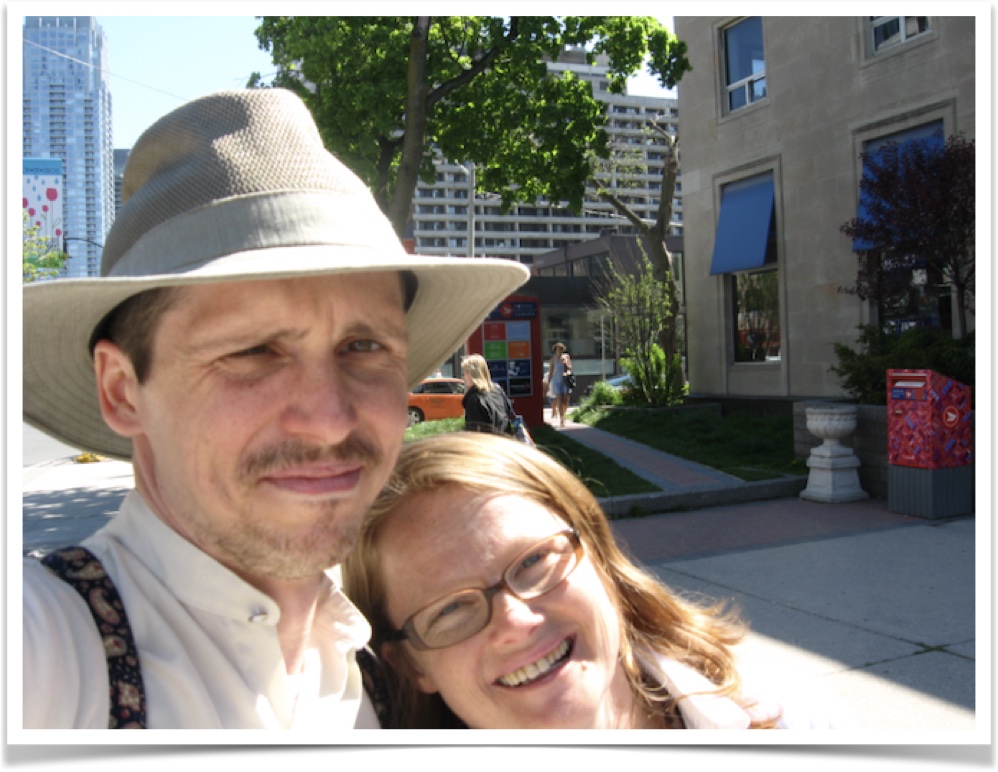
“Hey, are you going to the yoga meditation centre?” I asked, once I had caught up with her.
She looked at me with a furrowed brow — as if I had just uttered some new age pick-line — but didn’t stop walking. She was a few inches shorter than me, with long, curly hair, glasses and a clearly Scottish ancestry.
She told me that she was actually going to work and didn’t know about the meditation group. I asked about the beads and she explained she was repeating a Buddhist mantra. When we reached the meditation centre, I pointed its entrance out to her, let her know she could come by for a Sunday morning service, and we parted ways.
I moved to Italy. She stayed in Toronto. Two years later, I was back in Toronto and returned to the meditation centre. After a Sunday service the same redhead came up to me and reminded me of how we met and finally told me her name. Apparently, Nicole had become a member of the yoga organization soon after we met and had been attending ever since.
“Hey,” I said, after chatting for a while, “a few of us are going out for lunch, you wanna join us?”
“Oh,” she said hesitantly. “I’m pretty particular about what and where I eat.”
“So are we,” I assured her. “We refuse to eat at McDonalds. We always go to Burger King.”
She stared at me with scrunched eyes, trying to discern whether I was serious or joking.
Instead of Burger King, we partook of the spicy vegetarian buffet at the Indian restaurant across from the subway station.
That was August 2002. By June 2003 we were married at Toronto City Hall...
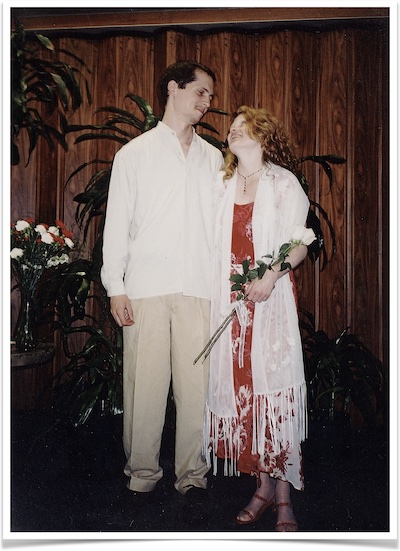
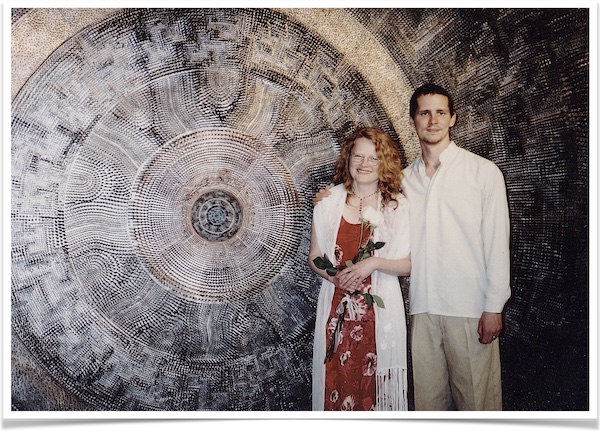
We had planned to have a bigger, outdoor wedding, with friends and family, the next month, but Nicole wasn’t well enough.
A Meaningful Life is Never Easy
Nicole developed type-1 diabetes when she was nine-years-old. When we married, she was 36 and already in stage-four renal failure. Her kidney doctor called her a “delicate flower.” I decided to call her my Sunflower instead. Sunflowers are sturdy and stand tall.
Her doctor also predicted she would only live three to six more years and could not have any children.
Nineteen years later we are still together, with our 15-year-old son, Jonah...
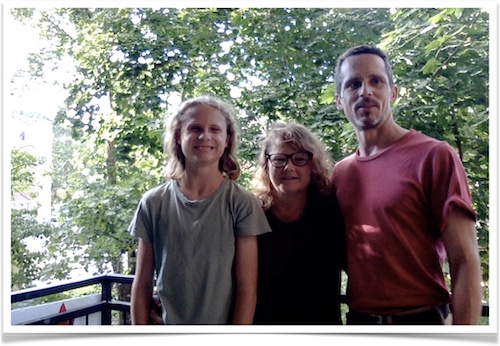
Of course, it hasn’t been easy. A meaningful life never is. As Carl Jung says in Structure and Dynamics of the Psyche:
Man needs difficulty; they are necessary for health. What concerns us here is only an excessive amount of them.
At times, I must admit, we bordered on an “excessive amount” of difficulties.
A year after marrying, we moved out of the big city into a two-streetlight town in southwestern Ontario. Eight months later we discovered Nicole was already three months pregnant.
The Short Life of Skye Isabella
I was shocked. She was thrilled. But with her existing health problems, the pregnancy started turning dire quickly. She was eventually hospitalized. On Easter Monday, a nurse called to tell me that they were losing the baby’s heartbeat and commencing an emergency C-section.
When I arrived an hour later, Nicole was sedated, and our daughter was handed to me still warm, but lifeless. I had had no aspirations to be a father, so it shocked me how I suddenly burst into tears, holding my baby girl, Skye Isabella.
When Nicole came to, she was even more heartbroken, but nonetheless, quick to say: “We can try again.”
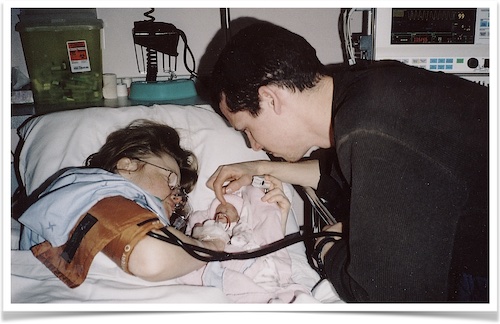
I thought she was crazy. The neonatal doctor agreed with me. Without fully functioning kidneys the edema build-up already had caused one minor heart attack during the pregnancy.
Miracles Seem to Come With a Price
But Nicole was persistent, presenting me with long, well-thought out lists of why we should try again. I didn’t think there was a chance. After a year of debating the issue, we finally agreed we’d try one more time and that would be it. I assumed if our second child was born it would be a miracle.
A year and a half later, Jonah Aaron Manley was born, kicking and screaming. So I guess I believe in miracles now. But miracles seem to come with a price. Nicole spent three months in the hospital hooked up to diuretic IVs. Jonah was born blind with chronic digestive problems.
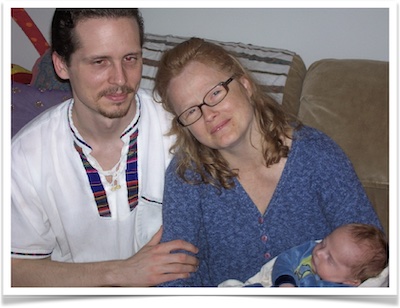
Both Nicole and Jonah came home in poor shape. Between Jonah’s colic and Nicole’s recovery from the second C-section, I learned to collect enough sleep in 20-minute power naps (with such efficiency that to this day I can have a nap just about anywhere). While I did get enough sleep, I wasn’t making enough money. We went into debt and even had the phone and internet cancelled for a week because I was so far behind on paying bills.
But I was happy. Jonah hung out with us all the time (otherwise he’d start crying). I’d have him in a sling while writing at the computer, having phone meetings with clients, cooking dinner, and going for walks.
Despite everything, I even finished three novellas, two of which I was selling online. The novellas didn’t make more than $50 a month. A good start, however, considering this was before the Kindle era.
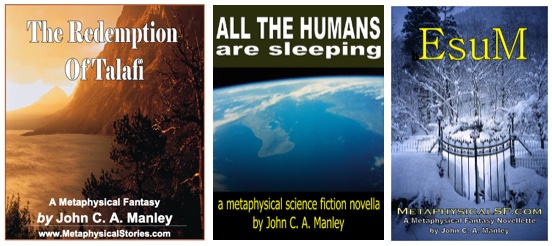
2009: The Year Her Kidneys Failed
Nicole’s health was continuing to decline, and she went through some dark periods of depression about that. Still, she never let go, no matter how much the roller coaster of life tried to knock her off.
Then one Saturday morning in 2009, she woke up vomiting. Blood tests showed her kidneys weren’t filtering enough blood to keep her electrolytes balanced and producing sufficient urine. A catheter was inserted into an artery in her neck and dialysis treatment began. It felt a bit like a horror film watching the blood being pumped out of her body, filtered and pumped back in.
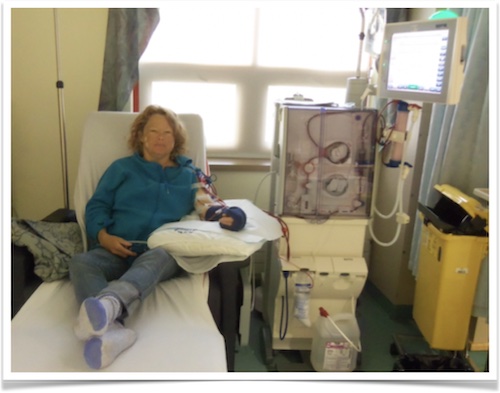
That’s when what little faith we had in mainstream medicine was shattered. They had done nothing to heal or prevent the demise of Nicole’s kidneys.
Descending the Alternative Health Rabbit Hole
We became serious about alternative health — testing everything from paleo to vegan diets, heliotrophic breathing to Buteyko breathing, bone broth fasts to distilled water fasts, coconut oil massages to amniotic fluid massages. Through trial and error we finally developed a system that was bringing life back to the kidneys.
With Nicole on dialysis three times a week, and the healing therapies constituting a part-time job, I ended up taking down my author’s website and focusing on the commercial writing. I did, however, allow myself to write one page of fiction a day, but otherwise stopped seeking publication.
By 2017, the alternative therapies took her from quasi-zero urine output a day to 100 ml (nearly half-a-cup).
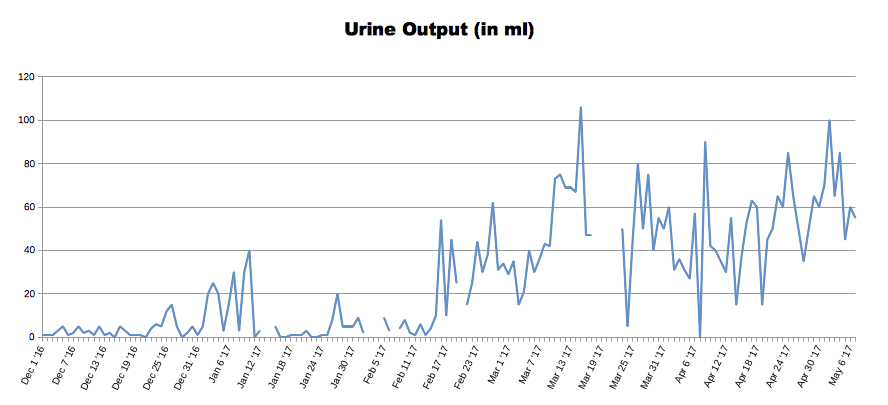
But the results came slowly, and the detox could be quite painful and debilitating. It often felt like ten steps forward, nine steps back, while carrying a massive boulder on your back, walking barefoot on pebbles.
Over that period Nicole suffered another minor heart attack and a serious brain seizure (along with multiple fractures) She would also routinely lose consciousness (for various reasons). She suffered from restless legs, insomnia, chronic cough, nerve pain, indigestion, failing eyesight, and cognitive and memory issues. The list is longer, but I don’t want to depress you.
Putting Down the Boulder
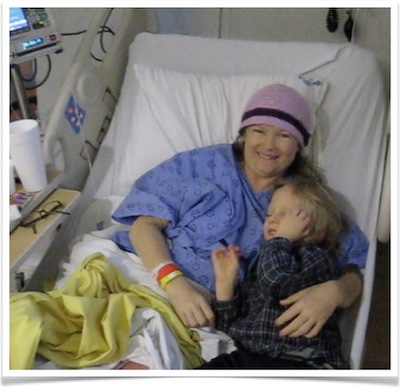
Healing required almost constant rest and discipline on her part. She eventually decided she was too far gone and didn’t want to spend the last years of her extended life trying to do what may be the impossible. She also wanted me to put the time I had devoted to her recovery into writing a novel.
I never liked the old saying, “Behind every successful man is a woman.” Much better is, “Beside every successful man is a successful woman.”
I didn’t want Nicole to fall behind. I knew if her health wasn’t improving, it would get worse. Yet, she insisted her time was coming to an end and I had to move forward without her. She felt she was holding me back. It reminded of the line from the old Irish folk song, “Parting Glass,” which says:
But since it fell into my lot
That I should rise and you should not
I'll gently rise and softly call
Good night and joy be to you all
In 2018, she stopped most of the healing protocols — only sticking with what reduced her symptoms to a manageable level. By 2019, however, she was depressed and the dialysis treatment was becoming less effective and ever more painful.
Ominous Predictions
Eerily, I had already had a Vedic astrologers tell me that my “wife” (Venus) would dramatically transform sometime between 2020-2024. I wouldn’t have given his prediction much heed, except he had accurately predicted other major events in my life (like me entering a monastery at age 18, the year of my marriage, the stillbirth of my first child, publishing my first novel in 2022, and my career as a speculative fiction writer).
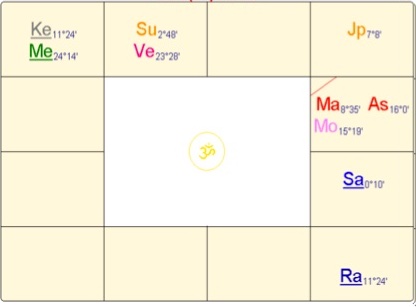
By 2024, my chart showed three possibilities:
1) That my wife would undergo a major transformation (e.g. healing) and become almost a different person (which is about what it would take to cure kidney failure). She would also become highly involved in my writing career.
2) That my first wife would pass away and I would remarry someone else who would be a great aid to my writing career.
3) That my wife would die and my writing career would become my “second marriage.”
Excepting a miracle, it was beginning to look like option #1 was off the table.
A One-Way Trip to Mexico
We had been saving up for dental surgery, which we believed would help her recovery (removal of bad dental work and some dead teeth). She decided to use the money instead for a trip to Mexico. She bought tickets for herself, Jonah, and me, plus two other friends. They were round-trip tickets, but she was planning on making it a one-way trip for herself. We’d all go to Mexico together where Nicole would stop dialysis and move onto the great hereafter.
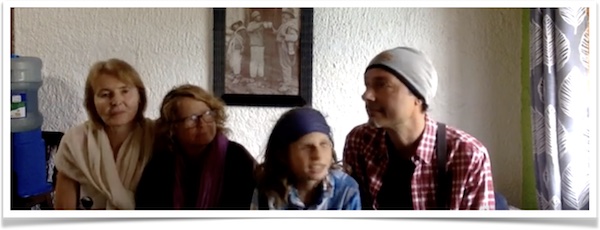
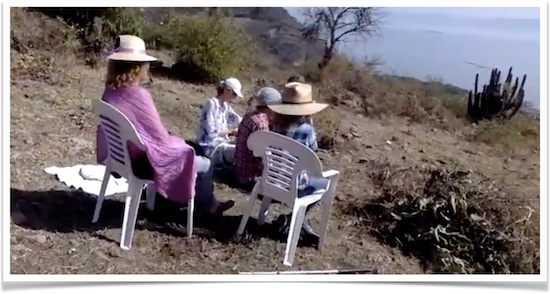
Not only was dialysis failing to get all the fluid and electrolytes out of her blood, it had also become so painful that her arm had to be packed in ice for the entire four-hour treatment. Most of the time she couldn’t last that long, and had to disconnect before she was done.
So she felt it was time to move on.
But dying wasn’t as easy as she hoped. Without palliative care, after 21 days sans dialysis she couldn’t take it anymore. Near death, suffering greatly, I finally convinced her to go back on the machine. I wheeled her into a small, private hospital, where a young Mexican doctor insisted I pay him in cash before the treatment began. After handing me a receipt and selecting a movie on Netflix, he sat back and left the actual work to the two nurses.
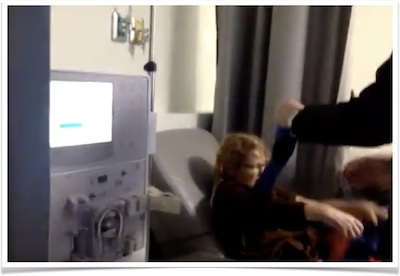
The nurses, however, brought an unexpected blessing: They used a different method for connecting Nicole to the dialysis machine. It proved to eliminate the pain she was experiencing while on the machine. Upon returning to Canada, she continued using that same approach at the local clinic, and no longer needed to have her arm packed in ice.
COVID Purgatory
After all that, Nicole decided it wasn’t her time to go. She decided to continue with dialysis.
But that was February 2020. And we all know what happened next. We sometimes joke that she really did die in Mexico, and was sent to COVID purgatory.
Realizing the tyrannical nature of the COVID scandal from day one, I stopped work on the urban fantasy (about the elf and the copywriter) and began writing a new novel titled Much Ado About Corona.
Despite Nicole being neck-deep in the medical system, we were both in agreement from the beginning that the pandemic was a farce and the measures were designed for controlling and destroying people, not a virus.
Our previous experience with the medical system had already woken us to its fraudulent, profit-driven nature. Likewise, we had also left the religious organization we had belonged to after we became aware of massive deceptions on the part of the founder and those running the cult. Thus, when the COVID cult began, we were immune to its lies.
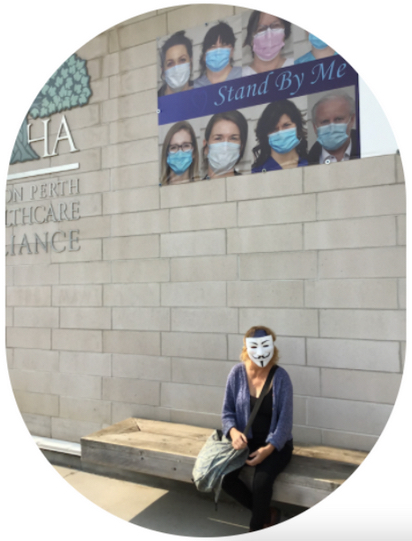
For example, when the mask mandate came into effect, Nicole refused to wear a face diaper at dialysis. She was banned from the local clinic, and began going to another clinic one hour a way. Even there, the nurses would scorn and shame her for showing her face. She’d come home crying. I complained to the head kidney doc and he whipped his staff into more “professional behaviour” (as he put it). The overt shaming stopped, but she was still treated like a deadly, selfish threat to all of their germaphobic lives.
Nicole put up with it for three months. Eventually, with the winter coming, the drive to the big city was becoming too expensive and time-consuming, so she returned to the local clinic. And although she had to start wearing a mask, she always made sure she wore a dissident T-shirt denouncing the scam.
So life hadn’t become any easier. In addition to all of her health problems, she now had to go mask-to-mask with the medical system three times a week. But one of Nicole’s virtues is endurance.
A Dystopian Love Story
Despite the dire nature of the world and the economy, Nicole encouraged me to keep on writing Much Ado About Corona. She and Jonah heard the early beta drafts of my dystopian love story and gave me encouragement to keep on keeping on.
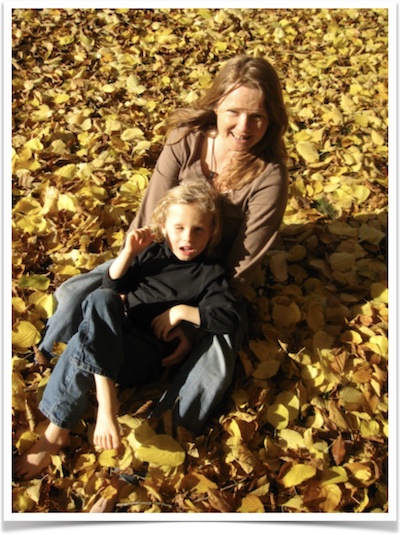
Promoting and self-publishing the novel cost well over $12,000. It consumed four hours of work every single day for two years. That was a lot of labour and money that could have been put towards a mortgage, a vacation or other such luxuries. Instead, I continued to work seven days a week out of our two-bedroom apartment. And Nicole never complained.
We were doing something to change the world for the better. We had a nice neighbourhood, good friends, homemade meals and plenty of books to read. As Henry David Thoreau said: “We make ourselves rich by making our wants few.”
Stephen King’s Secret to Success
Circling back to Stephen King, he was once asked what was the secret to his success. Here’s his reply from On Writing:
I stayed physically healthy… and I stayed married... The combination of a healthy body and a stable relationship… has made the continuity of my working life possible.
Being in a long term relationship, when done right, should only change you for the better. Both partners have to be open to feedback (subtle and overt) and have a desire to improve themselves. I know I am a far happier, grounded, saner, responsible and wittier person thanks to nineteen years of marriage (and fifteen years of fatherhood).
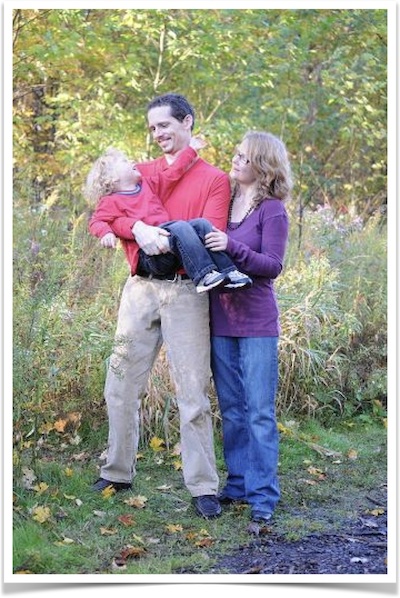
Compatibility isn’t so much a prerequisite of marriage, but, rather, the end product of a loving union. Love changes us for the better, even if change is sometimes uncomfortable. Love unshackles us from negative habits, even if those habits sometimes made us feel safe. Love strips us of our masks, and still goes on loving what it discovers underneath.
Nicole has taught me that we can help others carry their karma, but you can’t carry all of it for them, plus your own. She wouldn’t let me use her ill health as a distraction from my writing.
And she’s lived — despite being on life support during a global attack on personal freedom — to see me become a published author of a book that averages five stars (on Amazon). The perseverance, devotion and endurance I learned from living with her has certainly been transferred into the 1,100 hours of work it took to write Much Ado About Corona.
And she’s helped raise our son, handling most of the homeschooling, and giving him the confidence to face the many difficulties the world will throw at him. She always wanted to be a mother but was told she couldn’t. She proved them wrong.
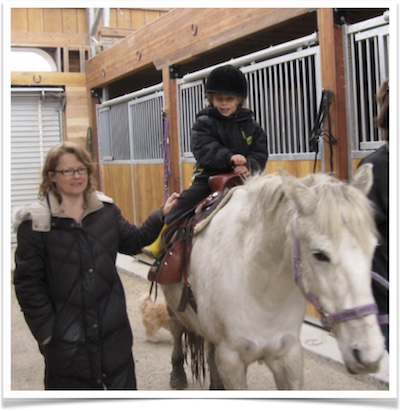
I used to wake up most mornings, fearing that she wouldn’t wake up. I stopped doing that a long time ago. She’s with me now. Her suffering is great, and hard to watch at times. But I know she’s a far happier person after nineteen years of marriage. She no longer has long dark spells of depression. And emotionally, the last two years have been better than the previous seventeen.
An Alliance Against the Challenges and Tragedies of Life
One of the world's best selling authors, Dean Koontz, has been married to his high school girlfriend, Gerda, for 56 years. Here’s what he has to say on the subject in his novel From the Corner of His Eye:
Marriage is an expression of love and respect and trust and faith in the future, but the union of husband and wife is also an alliance against the challenges and tragedies of life, a promise that with me in your corner, you will never stand alone.
Nicole has been the Sunflower of my life. My biggest fan and supporter, giving up many luxuries so that I could pursue my dharma of being a full-time novelist; just as I helped her pursue some degree of autonomy from the medical system and fulfill her dream of being a mother. She’s permanently won my gratitude, my love and my admiration.
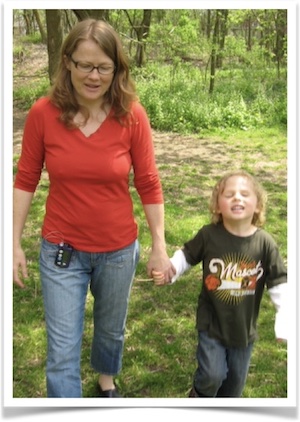
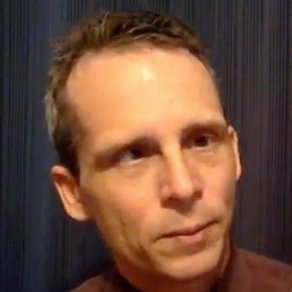 John C. A. Manley is the author of Much Ado About Corona, All The Humans Are Sleeping and other works of philosophical fiction that are "so completely engaging that you find yourself alternately laughing, gasping, hanging on for dear life." Get free samples of his stories by becoming a Blazing Pine Cone email subscriber.
John C. A. Manley is the author of Much Ado About Corona, All The Humans Are Sleeping and other works of philosophical fiction that are "so completely engaging that you find yourself alternately laughing, gasping, hanging on for dear life." Get free samples of his stories by becoming a Blazing Pine Cone email subscriber.

